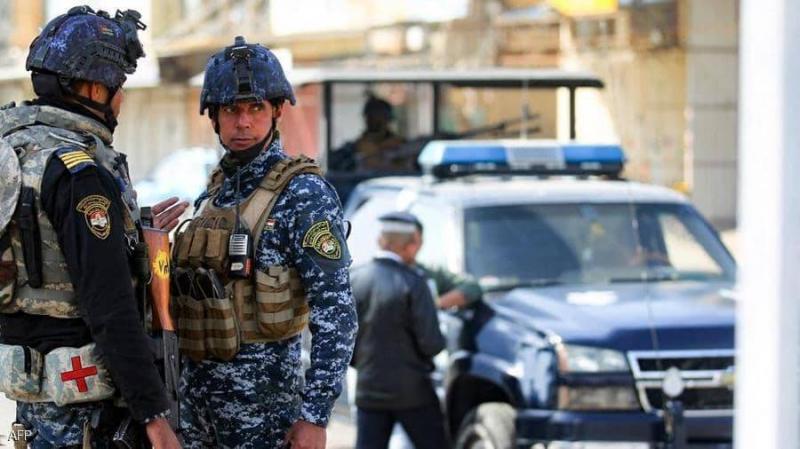In a bizarre case related to human organ trafficking, the Iraqi Interior Ministry announced the arrest of a woman in Baghdad who sold her daughter's kidney for 10 million Iraqi dinars, approximately equivalent to 7,000 US dollars. The ministry stated in a press release that "a force from the Baghdad Criminal Investigation Directorate, specifically the Mahmudiyah Crimes Office, executed an arrest warrant against a woman accused of human organ trafficking after she agreed to sell her daughter’s kidney to an unknown individual in one of the northern governorates for the amount of 10 million Iraqi dinars."
The statement added, "The operation was carried out after information was received from confidential sources about the incident, verification of the information, obtaining the necessary approvals, and tracking down the suspect until her arrest. The accused's statements were documented and legally validated in confession in accordance with the provisions of Article 17 of the Anti-Human Organ Trafficking Law."
Iraqi authorities did not reveal any details about the girl, who fell victim to the greed of someone so close to her—her mother. Commenters on social media speculated that the girl might be a minor, allowing her mother to commit such a heinous act. Other commentators pointed out missing links in the case, notably how and where the daughter’s kidney was extracted, and whether she was anesthetized and had the surgery conducted without her knowledge.
The Iraqi Parliament had enacted the Anti-Human Trafficking Law No. 28 in 2012 in an effort to curb such criminal activities. The law defines human trafficking as "recruiting, transporting, harboring, or receiving persons through the threat of force or the use of force, or other forms of coercion, abduction, fraud, deception, abuse of power, or giving or receiving payments or benefits to obtain the consent of a person having control over another for the purpose of selling them or exploiting them in acts of prostitution, sexual exploitation, forced labor, slavery, begging, or trading human organs or for medical experimentation."
Despite the enactment of the law, the "trade" of human organs continues to grow in Iraq, with most victims often being children and the homeless, according to reports from local and international human rights organizations. These reports attribute this issue to factors like poverty, lack of security, administrative corruption, social disintegration, and the repercussions of years and decades of wars and crises experienced by the country.




